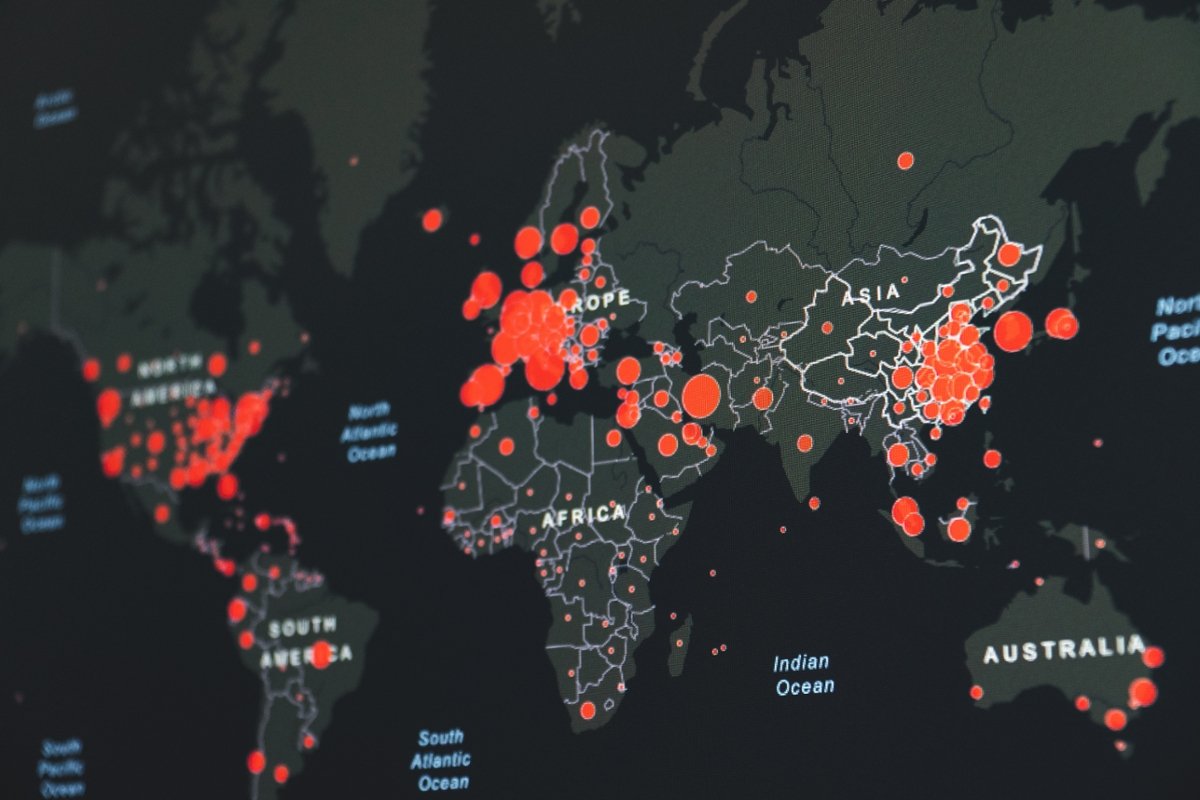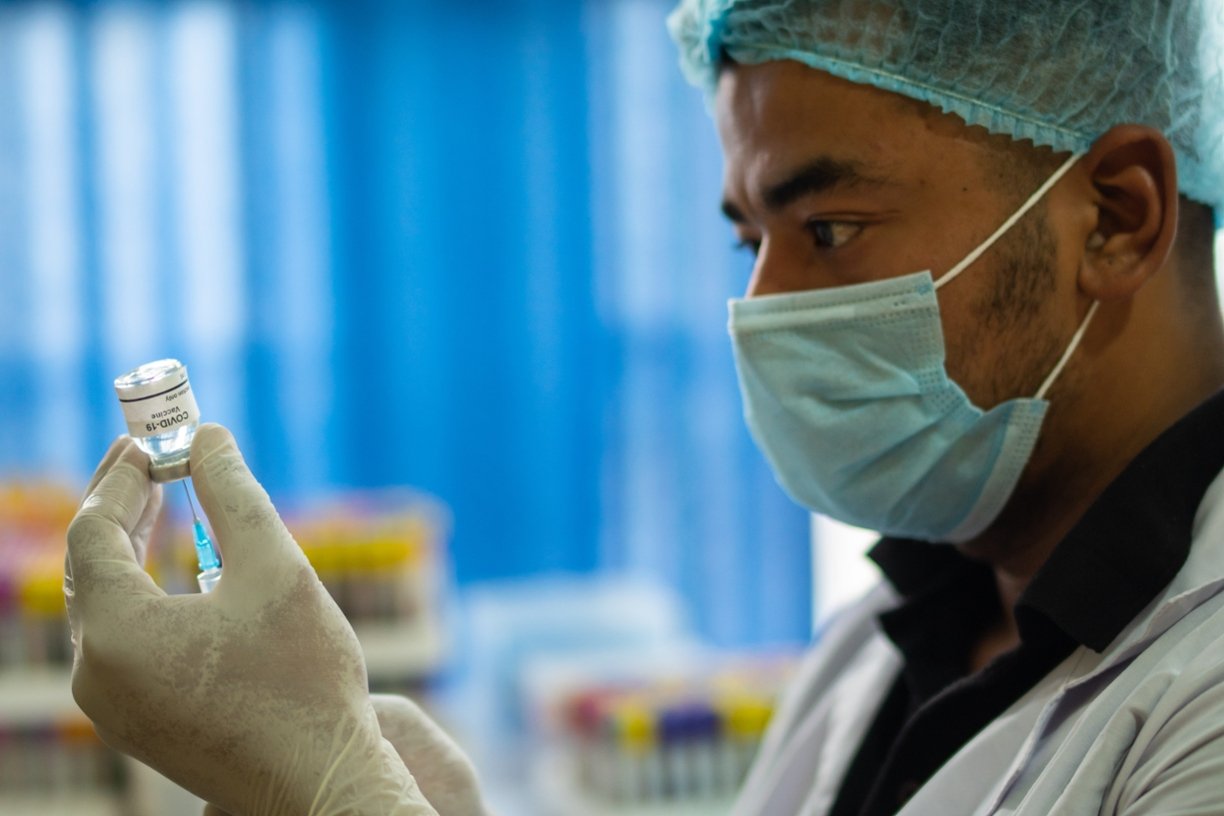Health Security
Health Security
Health Security

Pandemics
Most prominently seen with the most recent COVID-19 pandemic, watching and controlling outbreaks of infectious diseases is imperative to maintaining global security. Pandemics not only have deadly effects to the population as a whole, but are detrimental to society as a whole, including negative effects on the economy and politics of a country.

Vaccination Efforts
Global immunization programs drastically reduce death and suffering from diseases, including rotavirus, whooping cough (pertussis), diphtheria, polio, measles, rubella, pneumococcal disease, and Japanese encephalitis, as well as Hib and other types of meningitis.While also maintaining health security, vaccines are also cost effective tools to decrease the spread of disease and the stress these diseases would have on health infrastructure.


Organizations Addressing Issues of Health Security
The World Health Organization
The Global Health Security Agenda (GHSA)
The Global Health Security Agenda (GHSA) is a group of 69 countries, international organizations and non-government organizations, and private sector companies that have come together to achieve the vision of a world safe and secure from global health threats posed by infectious diseases.
The Center for Disease Control (CDC)
USAID
For over 50 years, USAID’s global health programs have saved lives, protected people most vulnerable to disease, and promoted the stability of communities and nations, while advancing American security and prosperity. America is safer and stronger when people can live healthy and productive lives and when nations around the world are self-reliant and resilient.
The John Hopkins Center for Health Security
The Johns Hopkins Center for Health Security explores how new policy approaches, scientific advances, and technological innovations can strengthen health security and save lives. Our research focuses on improving organizations, systems, and tools to prevent and respond to outbreaks and other public health crises. We advance policies and practice addressing a range of challenges, including the global rise in emerging infectious diseases, a continued risk of pandemic flu, major natural disasters, and the potential for biological accidents or intentional threats.
Click here to visit the John Hopkins Center for Health Security




